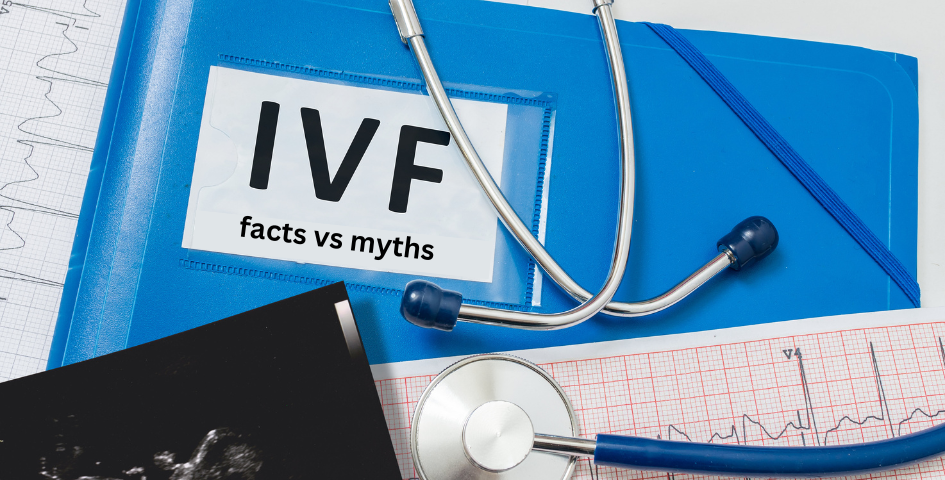In-vitro fertilization (IVF) remains one of the most powerful and successful forms of fertility treatment. It can overcome profound tubal, sperm, and ovarian reserve-related issues which would otherwise prevent a couple from conceiving. Whether it’s due to the use of injections or the notion of fertilization occurring in the laboratory, numerous myths about IVF or misconceptions have arisen. Unfortunately, these misconceptions about IVF may delay patients from seeking out the care they need. This post will address and hopefully allay such concerns.
Common Questions and Misconceptions About IVF
What are some concerns about IVF?
The first common misconception is that IVF could accelerate the age of menopause. This does not at all reflect what IVF really does. Menopause happens when women have used up nearly all of the eggs they were been born with. IVF does not make women use up more eggs each cycle. In a typical menstrual cycle, approximately several hundred eggs are activated to develop. Through a process of dramatic survival-of-the-fittest only 1-2 eggs ever survive to eventually be ovulated (Shocking, no?). The hormones used in IVF, which are the same ones produced by our bodies just given in higher doses, help a greater portion of those eggs survive so that more eggs can be obtained. If those eggs weren’t stimulated during an IVF cycle, they would have been lost anyway as part of the normal process of egg development and selection.
Does IVF increase my cancer risk?
A second misconception is that IVF medications could increase the risk of cancer. Overall, no studies have shown an increased risk of ovarian, breast, or uterine cancer in women who undergo IVF. In fact, studies in breast cancer patients who did IVF have not shown any increase in breast cancer spread or persistence. Furthermore, survival is not affected whether these women do IVF/egg-freezing or not. There may even be a slight reduction in cervical cancer risk in women who do IVF. While less extensive studies have been done with other cancer types, such as thyroid cancer, no association has been found with those either. There is less emphasis on non-gynecologic cancers since they are not nearly as hormone-sensitive as the above-mentioned cancers.
Can IVF cause health problems?
A frequent worry of patients is the viability and health of children conceived via IVF. The fact that these children were conceived via IVF can bring up concerns about pregnancy health and the physical and mental development of these children. Concerning the effects of IVF on the course of a pregnancy, there isn’t a clear association with adverse outcomes. Some studies have shown tiny associations with placental issues, early delivery, and possible low birth weight. However, these associations may be the result of the parents’ infertility and the general health of the parents.
As for the development of the children, studies looking at thousands of children conceived via IVF from Scandinavia have not shown any clear or consistent difference in physical health. It remains unclear if any mental health or neurodevelopmental effects can arise from IVF. Any slight differences seen are at most a fraction of percent and could also be attributed other factors. In fact, millions of children have been conceived via IVF and they are all generally as healthy as those conceived naturally.
Overall, IVF is a very safe method to treat severe forms of infertility. Both the patients and their children do typically as well as those who did not need to do IVF. Any negative effects attributed to IVF are, at most, extremely tiny and most likely are due to other factors such as parental health or environment.
If you would like to learn more about GENESIS Fertility New York or are ready to schedule an appointment, please speak with one of our representatives at 929-605-5467.






